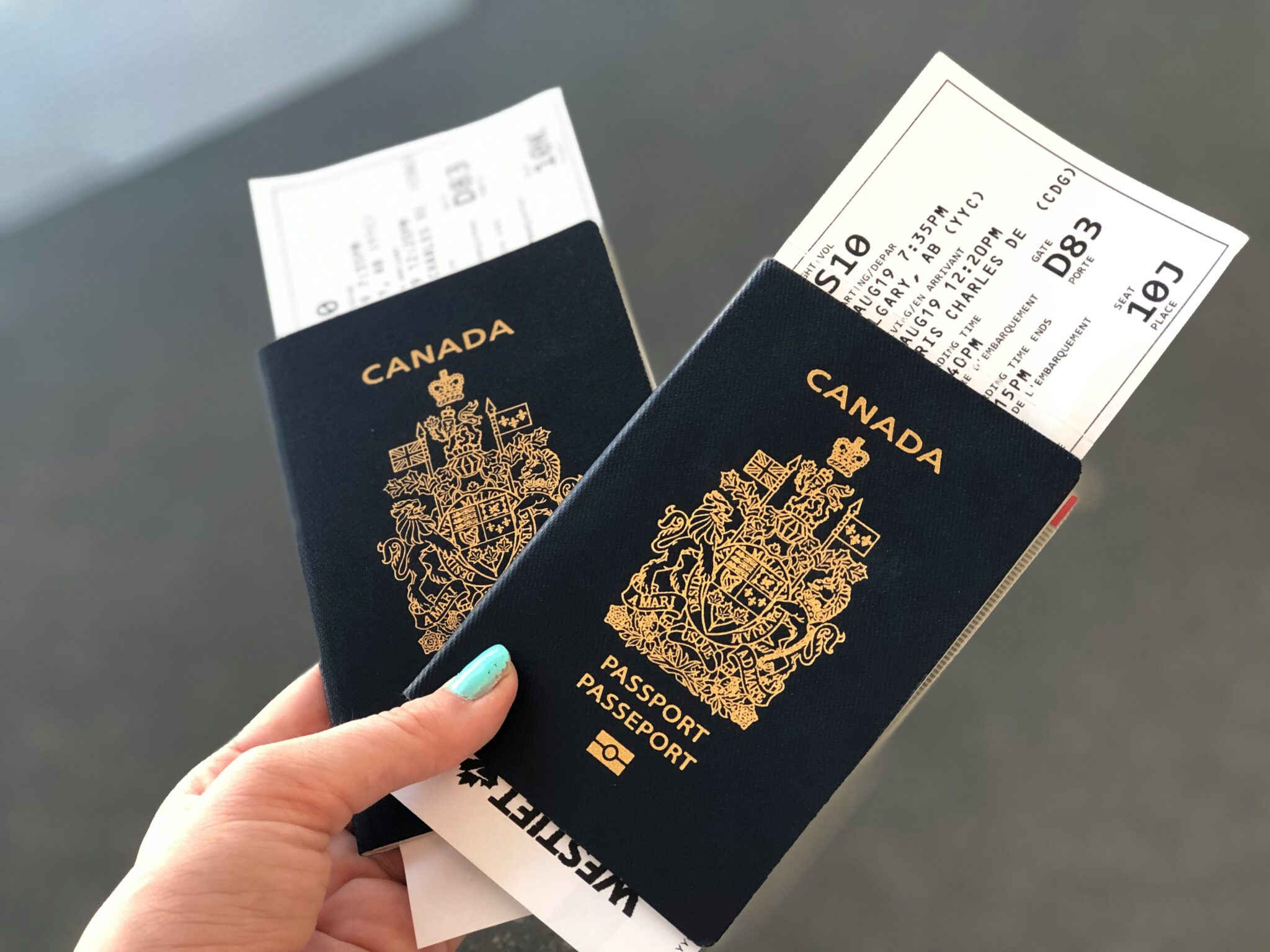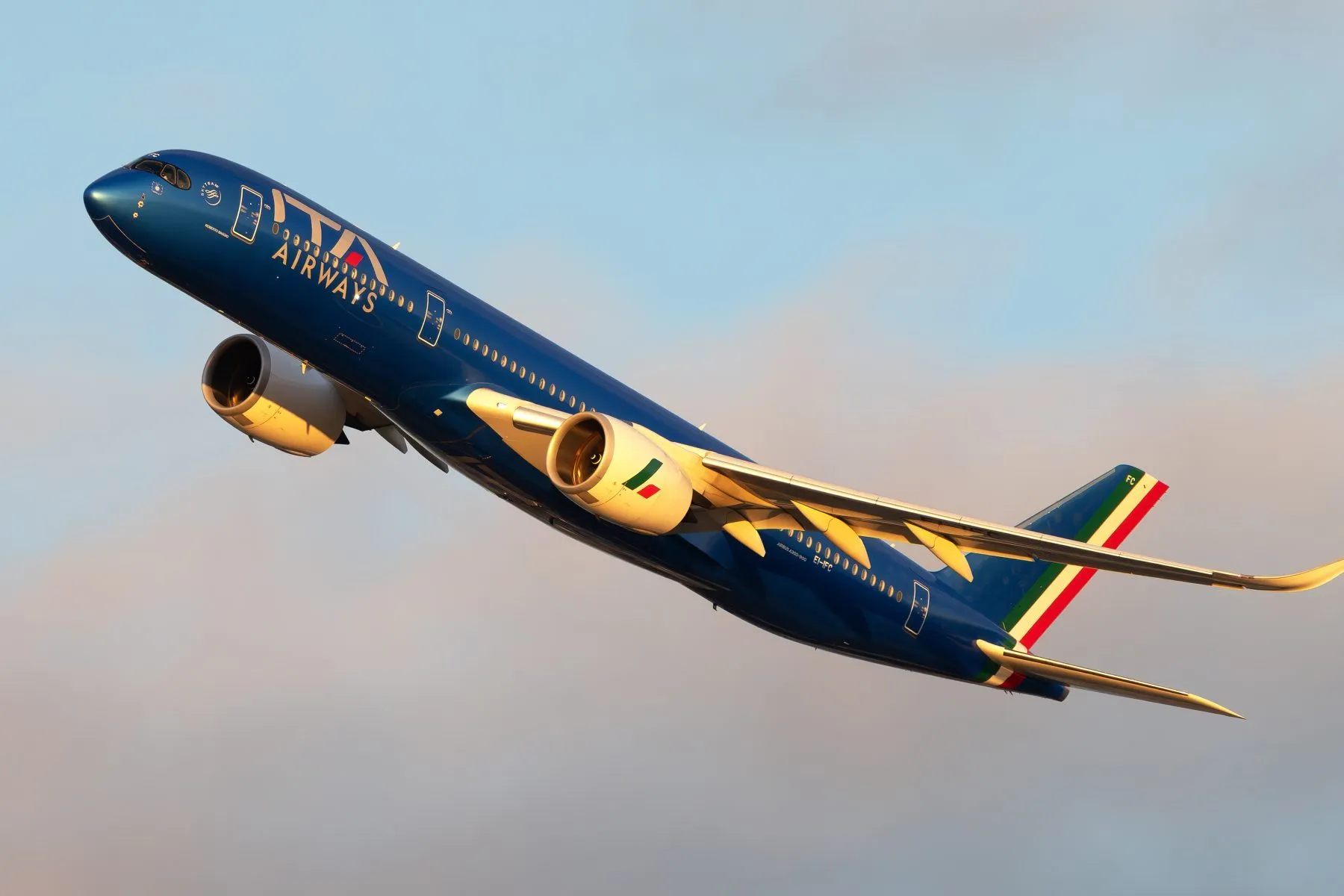CNN Documentary Shows Medical Tourism in Thailand is a Serious Business

Skift Take
There's now a decent chance that flying half way around the world for medical procedures or surgeries will be cheaper than driving across town to a local hospital in the U.S., along with it being just as safe.
CNN yesterday broadcast a documentary, part of the network's "Inside Man" series hosted by Morgan Spurlock, that follows Spurlock on a medical tourism journey to Bumrungrad International Hospital in Bangkok, Thailand where he receives a comprehensive check-up that many Americans never experience.
The Obama administration's Affordable Care Act may have helped the 40 million Americans who were previously without health insurance obtain plans, but it didn't lower the cost of healthcare at U.S. hospitals and doctors' office, although that was one of its goals.
Frustrated by the high cost of healthcare in the U.S., Spurlock flew to Bangkok to prove he could spend two nights in a hotel there, have procedures done at Bumrungrad such as a colonoscopy, a magnetic resonance imaging (MRI) screening, blood panels and consultations for a sore shoulder all for significantly cheaper than going to his local hospital in the U.S.
The final tally: Spurlock's treatment at Bumrungrad amounted to 94,000 Thai baht, or the equivalent of $3,000. Tack on the hotel stay and airfare and his trip cost $4,300. Spurlock added the average cost in the U.S. for the medical services he received in Thailand and figured that tally would be about $14,000.
Bumrungrad's accreditation as a Joint Commission International hospital, the first Asian hospital to receive this accreditation, is key for attracting the 1.1 million foreign medical tourists it serves each year. In some cases, its healthcare quality rivals some U.S. hospitals, as evidenced with Spurlock's colonoscopy procedure.
Rather than the traditional method of performing a colonoscopy, doctors gave Spurlock a capsule to swallow equipped with cameras to live-stream video and pictures of his colon.
Spurlock said in 2013 medical tourism fed the equivalent of $4.7 million into the Thai economy, and that 18% of the U.S. gross domestic product (GDP) is generated from healthcare, a $3 billion industry.
The hotel stay in Bangkok was $100 a night, and Spurlock's MRI, for example, cost $400 compared with the $500 to $3,000 it likely would have cost in the U.S.




